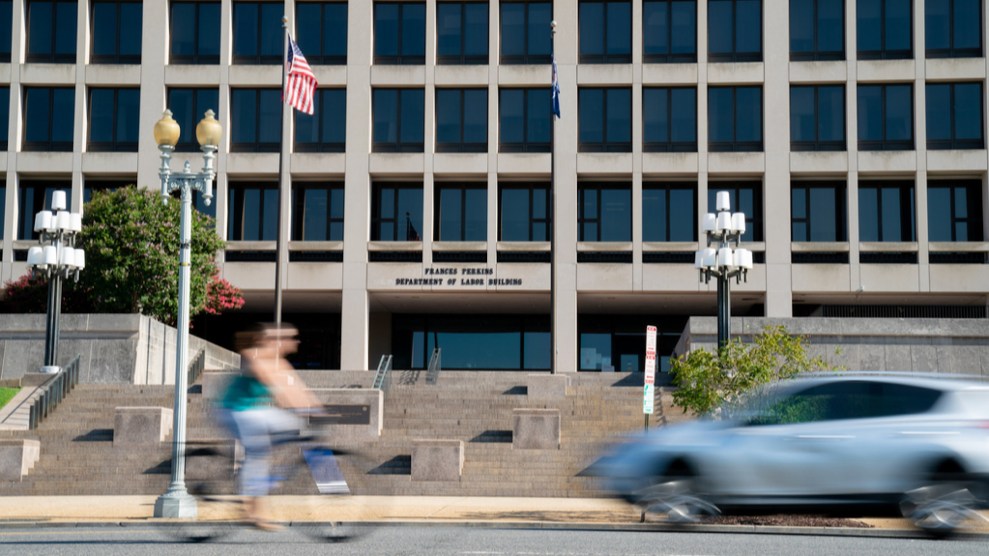
Elan Irving/Getty
The damage from the rollback of a key pandemic-era measure that provided healthcare for low-income Americans continues to unfold. Nearly 4 million people are no longer covered by Medicaid, the Washington Post reports, with many of those dropped for administrative reasons despite still qualifying for coverage.
The report is based on a new analysis from the Kaiser Family Foundation, which revealed that 3.8 million people across 38 states, likely a significant undercount, have been dropped from Medicaid since the end of March when a Covid-era policy that required states to keep recipients on as long as the federal emergency was in place. Many saw the policy as a tacit acknowledgment that Medicaid recipients are often kicked off the program because of paperwork hurdles. As I wrote in March:
At the start of the pandemic, the policy was initially created under the First Coronavirus Response Act, allowing families to preserve their insurance under Medicaid even if they hadn’t filed the necessary forms to re-enroll. The program saw 20.2 million new recipients over the course of two years, according to the KFF. Since the program’s expiration at the end of March, states have begun checking Medicaid eligibility once again, requiring households to file paperwork in order to verify their eligibility.
The Post reports that Florida is the second state with the highest cut-off rate; more than two-thirds lost coverage because of procedural reasons. The staggering numbers might not matter much to Ron DeSantis, who showed little interest in protecting the state’s Medicaid recipients, a vast number of whom are children.
















